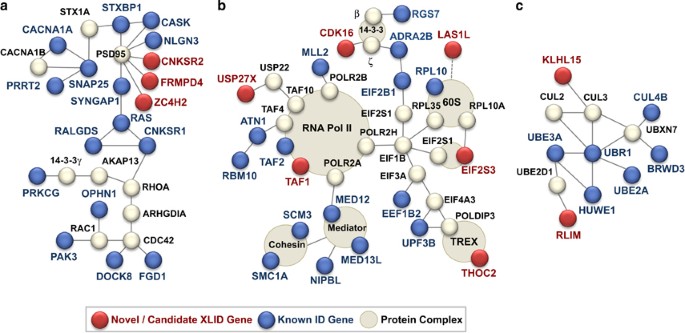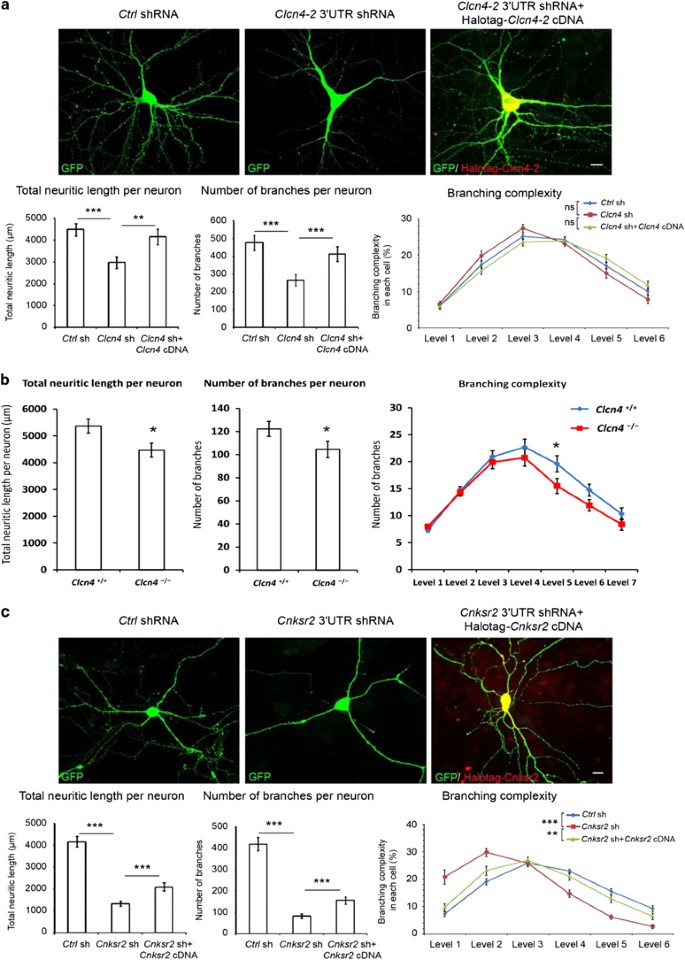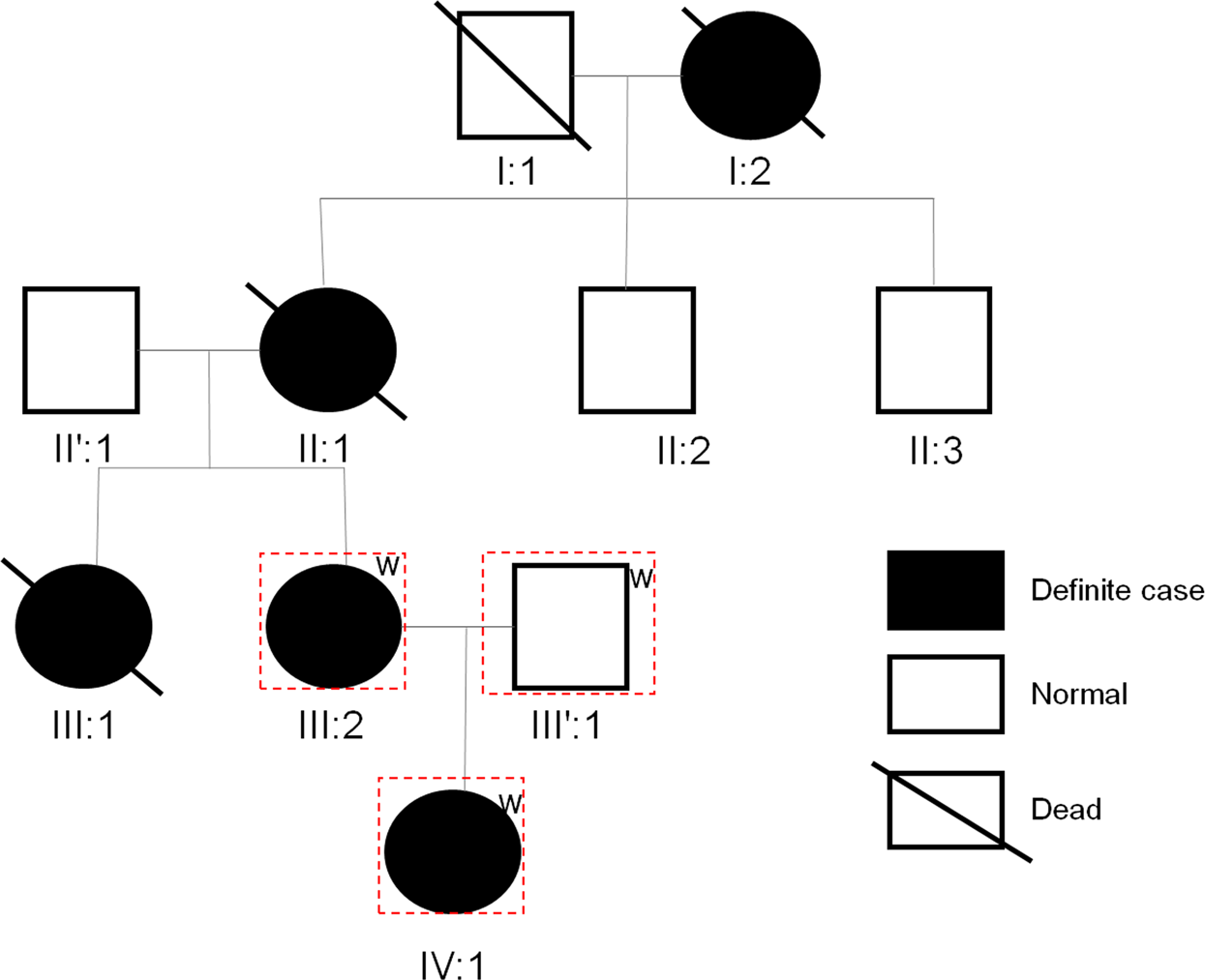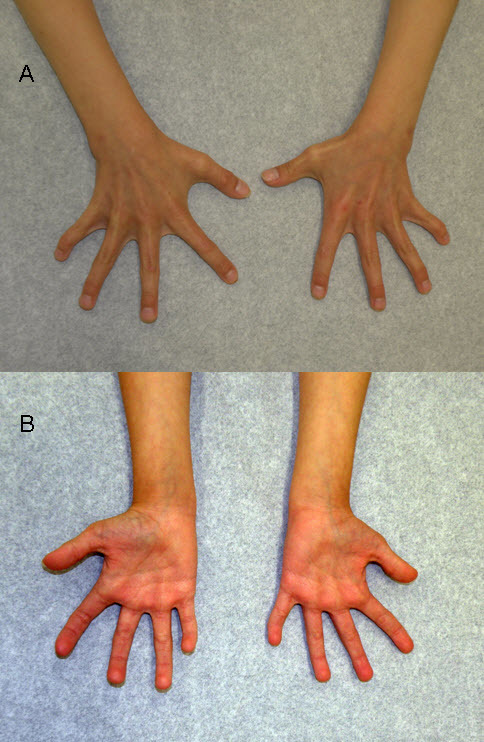Cureus, Whole-Exome Sequencing Identified a Novel DYRK1A Variant in a Patient With Intellectual Developmental Disorder, Autosomal Dominant 7
Por um escritor misterioso
Descrição
Intellectual developmental disorder, autosomal dominant 7 (MRD7; OMIM 614104) is a rare disease characterized by microcephaly, intellectual disability, speech delay, feeding difficulties, and facial dysmorphisms. This disorder is caused by pathogenic/likely pathogenic variants of the DYRK1A gene, which encodes dual-specificity tyrosine-phosphorylation-regulated kinase 1A. Here, we report a case of MRD7 that was diagnosed using Face2Gene and whole-exome sequencing (WES). A 22-year-old man presented with microcephaly, intellectual disability, slender body, long slender fingers, and facial dysmorphisms. He was previously diagnosed with Cornelia de Lange syndrome (CdLS) at four years of age. However, his CdLS clinical diagnostic score was low at 22 years of age. The Face2Gene application introduced several candidate diseases including MRD7. Finally, by utilizing WES and Sanger sequencing analysis of cloned cDNA, we identified a novel heterozygous duplication variant (c.848dup, p.(Asn283LysfsTer6)) in the DYRK1A gene, which introduces a premature stop codon. This report provides more information about the phenotypic spectrum of a young adult patient with MRD7. Face2Gene helped us introduce candidate diseases of the patient. Registering further genetically confirmed cases with MRD7 will improve the accuracy of the diagnostic recommendations in Face2Gene. Moreover, WES is a powerful tool for diagnosing rare genetic diseases, such as MRD7.

X-exome sequencing of 405 unresolved families identifies seven novel intellectual disability genes

Accelerating Novel Candidate Gene Discovery in Neurogenetic Disorders via Whole-Exome Sequencing of Prescreened Multiplex Consanguineous Families - ScienceDirect
Whole Exome Sequencing Reveals Novel and Recurrent Disease-Causing Variants in Lens Specific Gap Junctional Protein Encoding Genes Causing Congenital Cataract

Diagnostic Exome Sequencing in Persons with Severe Intellectual Disability

Large-Scale Exome Sequencing Study Implicates Both Developmental and Functional Changes in the Neurobiology of Autism - ScienceDirect

X-exome sequencing of 405 unresolved families identifies seven novel intellectual disability genes

Clinical Whole-Exome Sequencing for the Diagnosis of Mendelian Disorders

Clinical Application of Genome and Exome Sequencing as a Diagnostic Tool for Pediatric Patients: a Scoping Review of the Literature - ScienceDirect

Whole exome sequencing identifies a novel intron heterozygous mutation in TSC2 responsible for tuberous sclerosis complex
de
por adulto (o preço varia de acordo com o tamanho do grupo)







